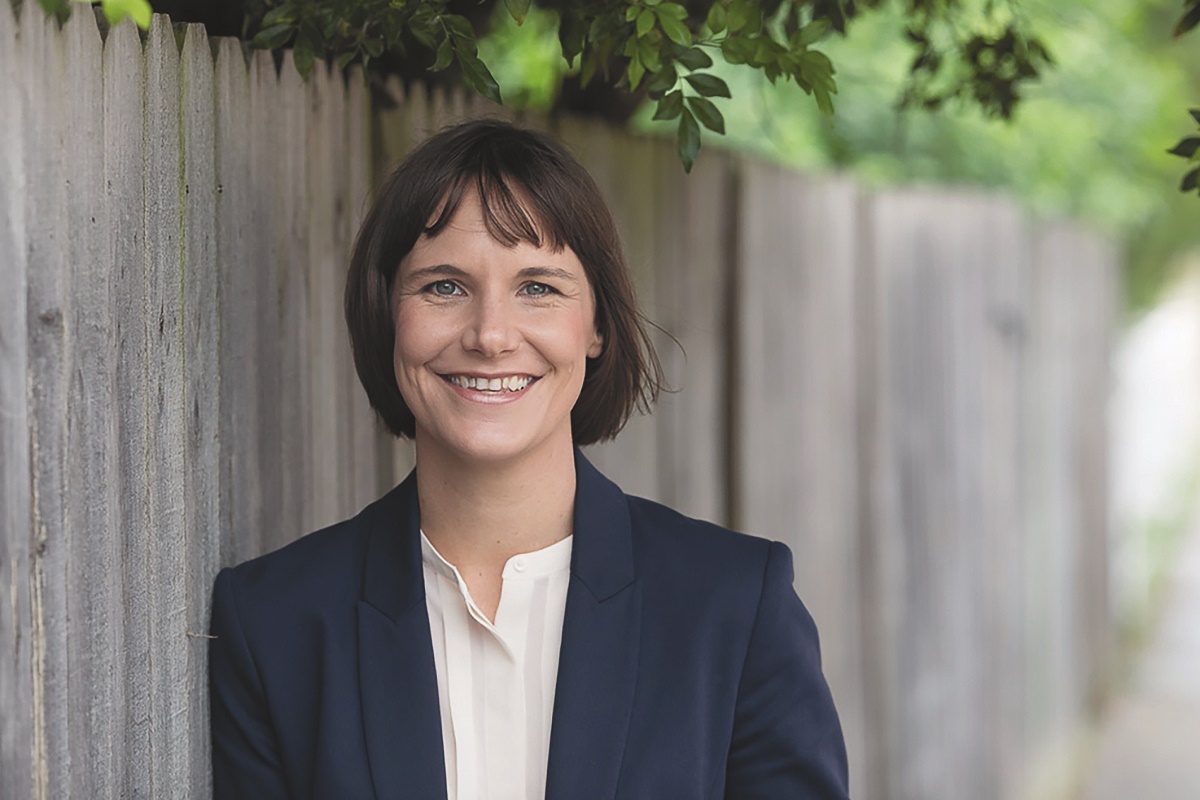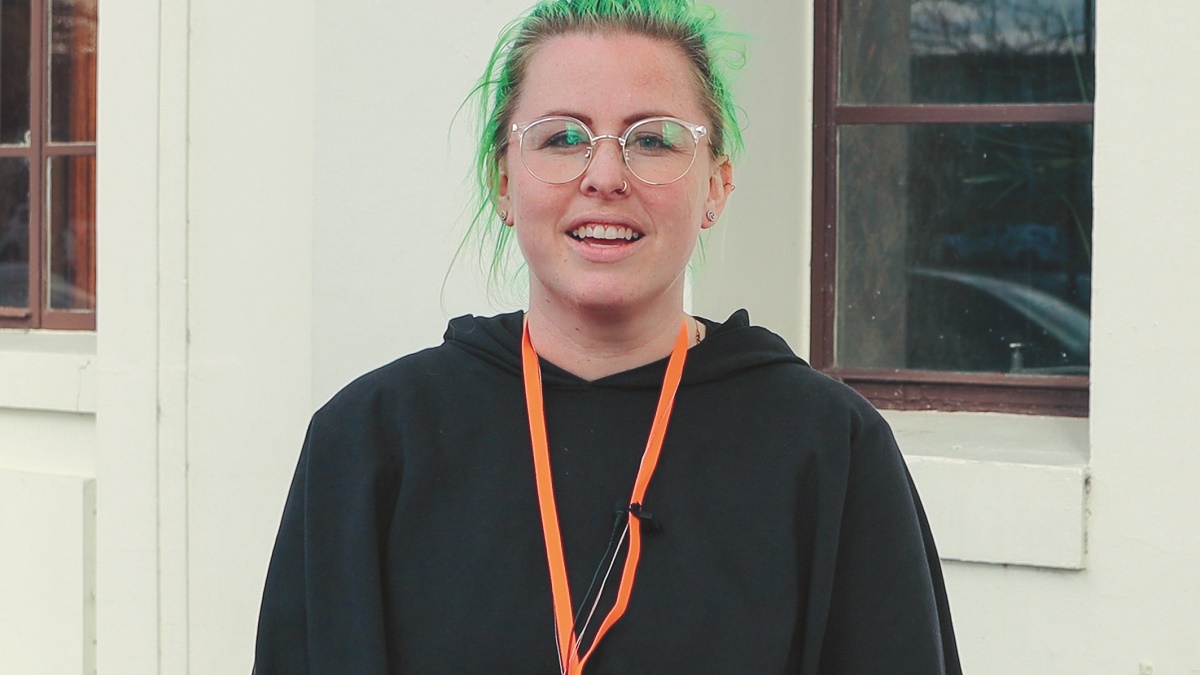By Adelaide Morse
The thread of Christianity weaves itself throughout history – frayed in some time periods, bound intricately with government and structural institutions in others, but from the moment of Jesus’s birth until now, that thread has been a constant presence, altering our understanding of the world, its people, and how we interact with both.
It’s ironic that a radical religion, preaching the importance of loving thy neighbour (Mark 12:31), escaping the bonds of slavery (90 per cent of the Old Testament) and reversing traditional societal structures (90 per cent of the New Testament) has been used too often by those in power to keep that power – in direct contradiction to the overall themes and concepts within the text that those same people claim to see as “holy”.
The thread of Christianity can be seen in the justifications for slavery, and the arguments against it. It can be seen in the cries for and against war. In Australia, it’s been used time and again to both explain away and suggest the terrible treatment of First Peoples is somehow “right”. At the same time, it’s also been used to introduce the eight-hour work day and stop the unfair treatment of workers.
For Meredith Lake, author of The Bible in Australia, and recent Northey lecturer on the subject of “Race & Scripture in Australia”, questioning the messages we’ve inherited from a colonial Bible are central to understanding our faith.
“The way Bible has been read and the habits of interpretation are bound up with Empire,” Meredith says.
Growing up on Dhaurg country, rich with Indigenous cultural sites within the national park on her doorstep, Meredith didn’t realise the cultural abundance of the land she walked on until she was much older.
“As I studied history, I’ve had to come to terms with my own blind spots and the erasure of Indigenous history I experienced growing up,” she says.
“As an adult Christian, it’s important to ask myself what it means to follow Christ in this time and on this land.”
As Meredith explained in her lecture, the Bible was brought to Australia by European Christians whose understandings and interpretations of it reflected an exclusively European way of thinking, including a focus on colonialism and what they saw as a right to Indigenous land.
Here in Australia, she says “a white version of Christianity is normative”. “It’s limiting to confine the conversation about race in a secular way,” Meredith says.
“There are profound religious aspects to structural racism and how we might address it that we need to keep in view, even in an apparently secular Australia.”
To be able to move forward, we have to look back and examine how the version of the Bible we inherited has impacted our understanding of culture – or, as Meredith describes it, how “the Bible has been a major influence on how race has been understood in this part of the world, and how ideas of racial difference have been deployed and, in turn, critiqued”.

Meredith says “there’s an inherent diversity to what we now call the Bible”.
The Bible was a “pervasive text”, used and interpreted by colonists struggling to understand their new surroundings in Australia – and by extension, the people already here.
“In the early Federation period, people were trying to address ‘what is the moral character of this country going to be?’,” Meredith says. “The key to a robust, healthy national life was a kind of righteousness.”
These issues of moral righteousness were things such as “Sabbath keeping, temperance, [and] banning profanity”. Even issues we may see as being separate to Christianity, such as workers’ rights or wage theft, were “deeply informed by parts of the gospel which said ‘a righteous nation means to pay its workers well’ – a lot of the workers’ movement of that early settler period drew on religious arguments”.
But this understanding of the Bible, the one we see as being the “right” one, ironically came from centuries of translations, both linguistic and cultural. We like to think our Bible is the original, but Meredith says “there’s an inherent diversity to what we now call the Bible”.
“It’s never been a mono-lingual text – it’s always been a multi-lingual, multi-author text, written and read by multiple communities,” she says.
When we forget this, we can become complacent and “just rest on the answers of the past”.
Looking at history, we can see the “dominance of certain culture forms” and how these have, in turn, changed how we understand the world and its people.
So, knowing that we’ve inherited a colonial Bible that’s been used to justify the unjustifiable at times, how do we move forward? Does it still have as much meaning?
“The task of ‘meaning making’ is always in motion”, Meredith says. “The cultural history of a text – the English Bible that arrives with colonists and reflects their intentions and experience – is not static. It came from somewhere and it’s going somewhere. We can’t just rest on the answers from the past.”
Kelly Skilton, a Youth and Ministry worker actively engaged in nurturing young adults through The Sonder Collective, says this “meaning making” is crucial, as an ongoing part of reparations.
“Acknowledging that what we’ve inherited is only a small portion of the actual narrative,” she says, is a necessary part of moving forward as a faith.
“We have to be able to stop seeing ourselves as the dominant power, and hold the voices, languages and cultures of others, and their understanding of the Bible, as being just as important as our own.
“Nothing should be subtracted, but why do we only listen to the Bible in English? We have incredible theologians all over the world who may have an understanding of the Bible in their language that we don’t have.”
To move forward, we have to follow the thread of Christianity, not just throughout an Anglo culture, but through all the cultures where God has presence.
In Australia, following that thread should lead us first to Indigenous theologies and understandings of God.

“We have to be able to stop seeing ourselves as the dominant power, and hold the voices, languages and cultures of others, and their understanding of the Bible, as being just as important as our own,” says Youth and Ministry Worker Kelly Skilton, who nurtures young adults through the Sonder Collective.
Denise Champion, Adnyamathanha woman, theologian and Uniting Church minister, writes in her book Yarta Wandartha that “I’ve come to know and see that God was always in this place, before the missionaries came and presented God to us”.
Denise uses multiple examples to show just how many stories from Andnyamathanha culture have a connection with Christian concepts, and discusses “Ngakara nguniangkulu”, which is the recognition of what Indigenous people have already known, especially in relation to God’s presence in Australia, before it had that name.
For Indigenous Christians, the Word has more meaning because of their culture and faith, not in spite of it.
Kelly says, it’s not that our Scripture is wrong, but “we have a closed canon in terms of content, but not in terms of context”. Essentially, the words are right, but how they’re read and by whom can deepen our understanding of the Word.
If we’re genuine about wanting to grow as Christians beyond our colonial history, it means actually listening to all the stories and experiences of Christians from other cultures, and holding their relationship with God as being just as sacred as our own.
Queenscliffe’s recent Sacred Edge festival featured a variety of expressions of faith that would have once inspired horror in traditional Christian circles (and possibly whispers of witchcraft).
Mandalas could be painted all weekend, Nithi Kanakarathinam told stories and did a Tamil Feast introduction, a labyrinth was available to be walked, Trish Watts ran a Songs For The Earth workshop, Steve Singline and Isabel Greenall ran a Stone Carving Workshop – people bought their own cultures and worship processes into one festival that allowed for exploration of faith and worship of God.
The SPACE community at the Banyule Network of Churches is a meditative service that regularly runs a Taize-style worship. The Taize community is a monastic order that operates out of central France, and focuses on prayer and silence, with singing repeated chants during mostly candlelit services. It’s drawn from centuries of European worship from monasteries, abbeys and convents, and yet every Tuesday night a group of Christians gather in a small church in Melbourne to worship using these ancient ideas.
Sophia’s Spring, which gathers at CERES, chooses to honour the ancient tradition of understanding God that was developed in Jewish Wisdom literature thousands of years ago, which focuses on the idea of God in the feminine as well as the masculine, and “the partnership of created being to care for each other and the whole creation”.
They choose to meet in a circle, echoing not only generations of Christians before them, but a whole host of religions, including Buddhism, Taoism and Hinduism, all of whom see circles as being sacred.
These practices, when taught by someone from the culture itself, or by sharing the story of where it comes from, can in turn share the sacredness of the practice and teach us other ways that the people of God connect with their faith.
Equally, by encouraging diversity within our churches and congregations, we can learn and deepen our own faith through a broader understanding of what the Scripture truly means.
As Kelly points out, “the words of Scripture should never detract from the Word of Scripture”. “If the words that we’re using don’t allow us to come to understand who Jesus is more deeply, then the words aren’t doing their job,” she says.
If we only read the Bible in one particular translation, in one particular language, with all of its colonial trappings and preconceived notions, we miss out on so many ways the Word speaks to God’s people.
Being Christian, and believing in a creation that was God-led, means also accepting that God has been present throughout time, in all the nooks and crannies and spaces that we’ve had no place in.
We like to think that God is most present in our echoing halls of golden chalices and stained glass light, with voices soaring in Latin and the suggestion of incense burned long ago.
We follow the thread of Christianity from the New Testament through distinctly white cultures and lenses, with our (rightfully) influential Martin Luthers, John Calvins and Dietrich Bonhoeffers, in our cathedrals built on the backs of people of colour, and declare that we have the true Word.
But if we instead listen to the voices of people of God across all of their iterations and all of the cultures God has been active in, we can deepen our own faith, and start to explore the true nature of God, not just the understanding we’ve inherited.

